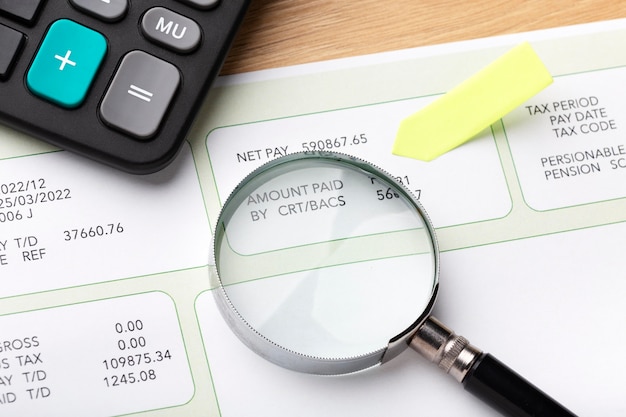
Saving money can be tough, especially when you’re tight on cash, but it’s really beneficial in the long run. Having a healthy savings account acts like a safety net, protecting you from financial uncertainties or emergencies. This article is all about different ways to save money to help you reach your financial goals.
Why is a savings plan so important? Here are a few reasons:
**Financial Cushion:** A savings plan helps you create a buffer against unexpected expenses like medical emergencies, car repairs, or even job loss.
**Emergency Preparedness:** It gets you ready for unforeseen events. You can handle surprises without needing to use credit cards or take out loans.
**Achieving Goals:** Whether it’s buying a house, starting a business, or going on a vacation, a savings plan helps you get there by giving you the funds you need.
**Peace of Mind:** Knowing you have money saved up brings a sense of financial peace, allowing you to focus on other parts of your life.
**Financial Freedom:** Having savings gives you more control over your finances, letting you make choices based on what you want rather than what’s immediately affordable.
Here are six effective strategies to boost your savings quickly:
**Set Up Automatic Transfers:** Automate your savings by setting up automatic transfers from your checking account to your savings account. This ensures you’re saving consistently, whether it’s for an emergency fund or a trip. Most banks allow you to schedule these transfers, helping you stay disciplined without having to think about it.
**Cut Down on Dining Out:** Eating out can be a big drain on your finances. Try reducing how often you eat out or setting a budget for it. When you do dine out, consider ordering appetizers, sharing a meal, or skipping drinks and desserts to save money.
**Consider the 30-Day Rule:** To curb impulsive buying, try the 30-day rule. Wait for a month before making any significant purchase. For online shopping, leave items in your cart and come back later. If 30 days feels too long, try shorter periods like 24 or 48 hours to rethink your purchase.
**Cut Utility Costs:** Be mindful of your energy usage to save money on utilities. Turn off lights when not needed, wash laundry in cost-effective ways, and use energy-efficient appliances. Small changes like plugging insulation leaks or using a smart thermostat can lead to big savings over time.
**Clear High-Interest Debts:** Paying off high-interest debts can free up more of your budget for savings. Use methods like the snowball or avalanche approach to tackle your debt. Once it’s paid off, direct that money into your savings.
**Opt for a No-Spend Month:** Challenge yourself to a month of spending only on essentials. Define what counts as an essential, and enlist a friend to keep you accountable. It’s a great way to save money and reassess your spending habits.
**In Conclusion**
Building a strong savings habit is essential for your financial well-being. It provides security, flexibility, and helps you reach your financial goals. Try out these strategies and see which ones fit your lifestyle best. Remember, saving is a gradual process, and even small changes can make a big difference over time. Make saving a regular part of your financial routine, and it will become a natural habit.